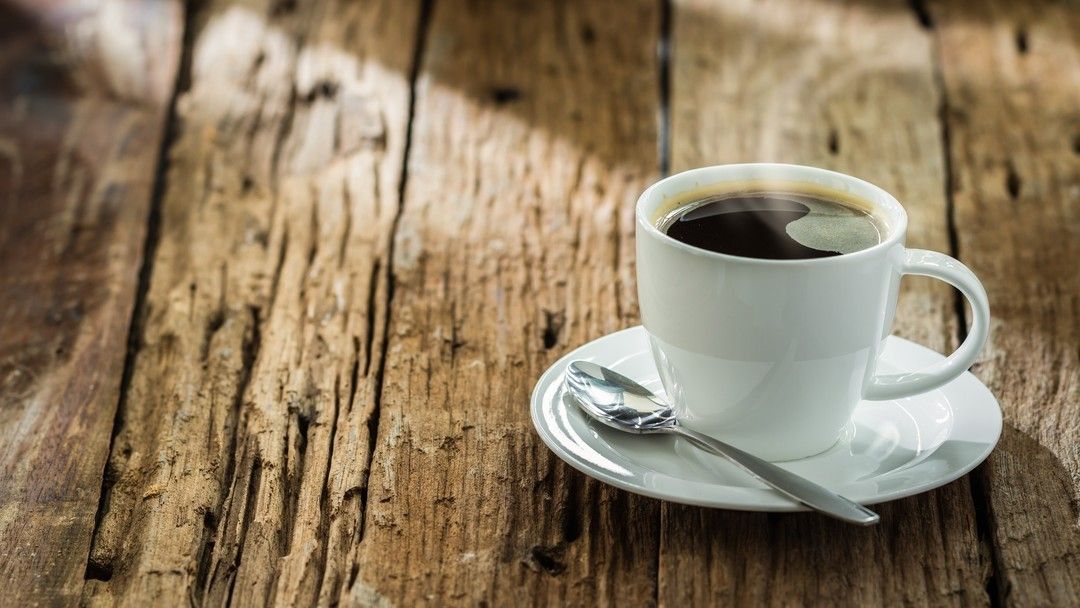If you are like me and enjoy a cup or two of coffee each day, then you might have wondered about this daily habit and the long term impact it may have on your teeth.
Many of my patients admit to drinking A LOT of coffee and believe that it’s likely to be harmful to their teeth. But this is not necessarily true.
Here are the ways in which coffee might affect our oral health and how you can minimise any potential harm to your pearly whites.
Staining
Yes, coffee stains teeth along with most other foods we eat or drink (tea, red wine, curries, bolognese). But this type of staining is mostly external to the tooth surface and can easily be removed during your routine 6 monthly dental hygiene appointment. Some people’s teeth collect more staining than others and this is often a reflection of the surface roughness of enamel and the variation of the enzymes in our saliva and the types of bacteria that live in our mouths.
It should be noted that the OVERALL BASE COLOUR of teeth is not significantly affected by external staining. If you feel your teeth are dark or yellow, quitting coffee won’t help. The most effective way to whiten teeth is via professional grade teeth whitening or bleaching. Customised take home whitening kits prepared under the instruction of a dentist are generally considered to produce the most long term whitening results in the safest way.
Sugar
This is a big one. As long as you are not adding sugar to your tea or coffee, the potential for tooth decay is quite low. On the other hand, each time we sip a sugary drink, we fuel the decay-causing bacteria in the mouth. If you’ve had a lot of fillings, sugar has probably played a big role since childhood. It’s in almost everything we eat, so make sure you don’t add any extra to your daily drinks, especially since we spend a large part of the day sipping away.
If you really must sweeten your coffee, try switching to an artificial sweetener instead since these don’t promote decay, then wean off over time.
Dehydration
Most of us need a bathroom break shortly after a cup of coffee because caffeine acts as a diuretic. This is means water is sucked out of the body cells and directed out to the bladder, often causing dehydration. When our bodies are low on water, the vital organs get priority and glands such as the ones producing saliva are essentially cut off.
Saliva is the single most important defender of all oral diseases. Our teeth would dissolve into gum stumps and our mouths would be riddled with decay and fungal infection without the protection of saliva. Luckily our saliva is never completely cut off, but each time we are dehydrated the quality and flow rate of saliva plummets. By the time you notice a ‘’dry mouth’’ you have probably been dehydrated for hours!
To avoid this, make sure that you maintain a high water intake throughout the day, and have an extra glass of water for every cup of coffee that you drink.
Continue Enjoying Your Daily Coffee
- Keep up regular 6 monthly check ups to make sure you don’t have decay, especially if you are still having sugar with your coffee.
- Have a routine scale and cleaning to remove any external staining caused by coffee.
- Drink an extra glass of water after your coffee to avoid dry mouth from dehydration.
- Quit sugar or wean off with sugar substitutes.
- Consider tooth whitening to improve the colour of your teeth in the long term.
Further reading on keeping your teeth shining bright here:
